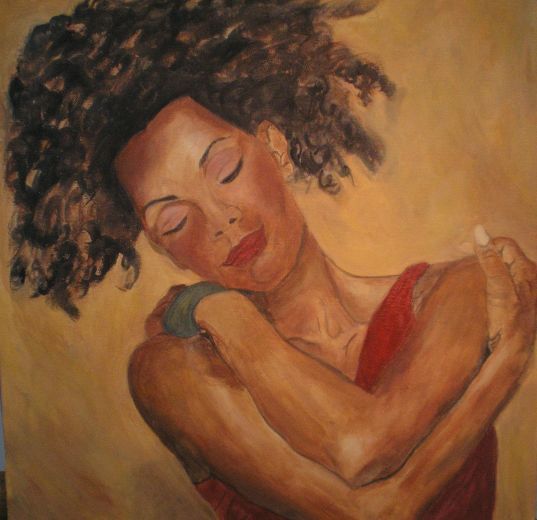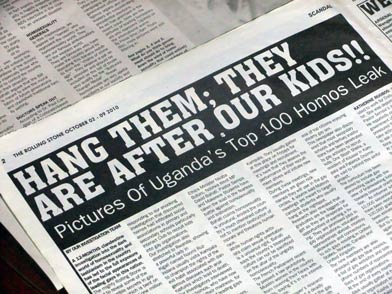My best friend from college; she’s the woman who taught me how to laugh, how to REALLY laugh… and then, when I came out, we stopped laughing together. We lost each other’s smiles for nearly four years as we both searched for self in different directions; I as an out…
-
Afrofeminism - Blog - Creative Corner - Gender and LGBT Issues - Love Is My Revolution - Photos - Special Series - Spirituality
-
Afrofeminism - Blog - Film - Gender and LGBT Issues - LGBT Africa - Media - Race, Culture, Ethnicity - Social Commentary - Special Series
Racism and LGBT Rights: Where are the African Films in the South African LGBT Film Festival?
South Africa's 19th Out in Africa LGBT Film Festival opens this weekend and there is certainly no shortage of films about women, quite an achievement to note given how often the LGBT community is depicted as male. Yet, within the context of Africa, the LGBT community is also frequently perceived…
-
Ugandan LGBT Activists Sue American Evangelist for Inspiring “Kill the Gays” Bill
Scott Lively is one of three American pastors who visited Uganda in 2009 and whom gay activists accuse of helping draft the original version of Uganda’s infamous “Kill The Gays†bill, which called for the death penalty for LGBT people in the country. So now, Sexual Minorities Uganda, a non-profit…
-
No More Denying: Embracing Positivity for Lent and Spending 40 Days on LOVE!
For Lent, I'm trying something different this year; in place of denying myself physical pleasures, I'm ridding myself of ingratitude and negativity. I'll be sharing daily positive reflections and affirmations via my Facebook Page & Twitter Handle (@spectraspeaks), and invite you all to share yours as well. I plan to…
-
One Year After the Murder of David Kato, Uganda’s Parliament Resurrects “Kill the Gays” Bill
But now, the draconian bill which began the chain reaction that led to David Kato's death is back. A copy of Uganda's Parliament Order Paper, dated February 7, 2012, has been making its way around the internet. The return of the "Kill the Gays" bill is a major concern for…
Online rulet oyunları gerçek zamanlı oynanır ve online slot casino bu deneyimi canlı yayınlarla destekler.
İnternet üzerinden eğlence bahsegel giriş arayanlar için deneyimi vazgeçilmezdir.
Kullanıcıların hesaplarına hızlı ve sorunsuz bettilt ulaşabilmesi için adresi her zaman güncel tutuluyor.




